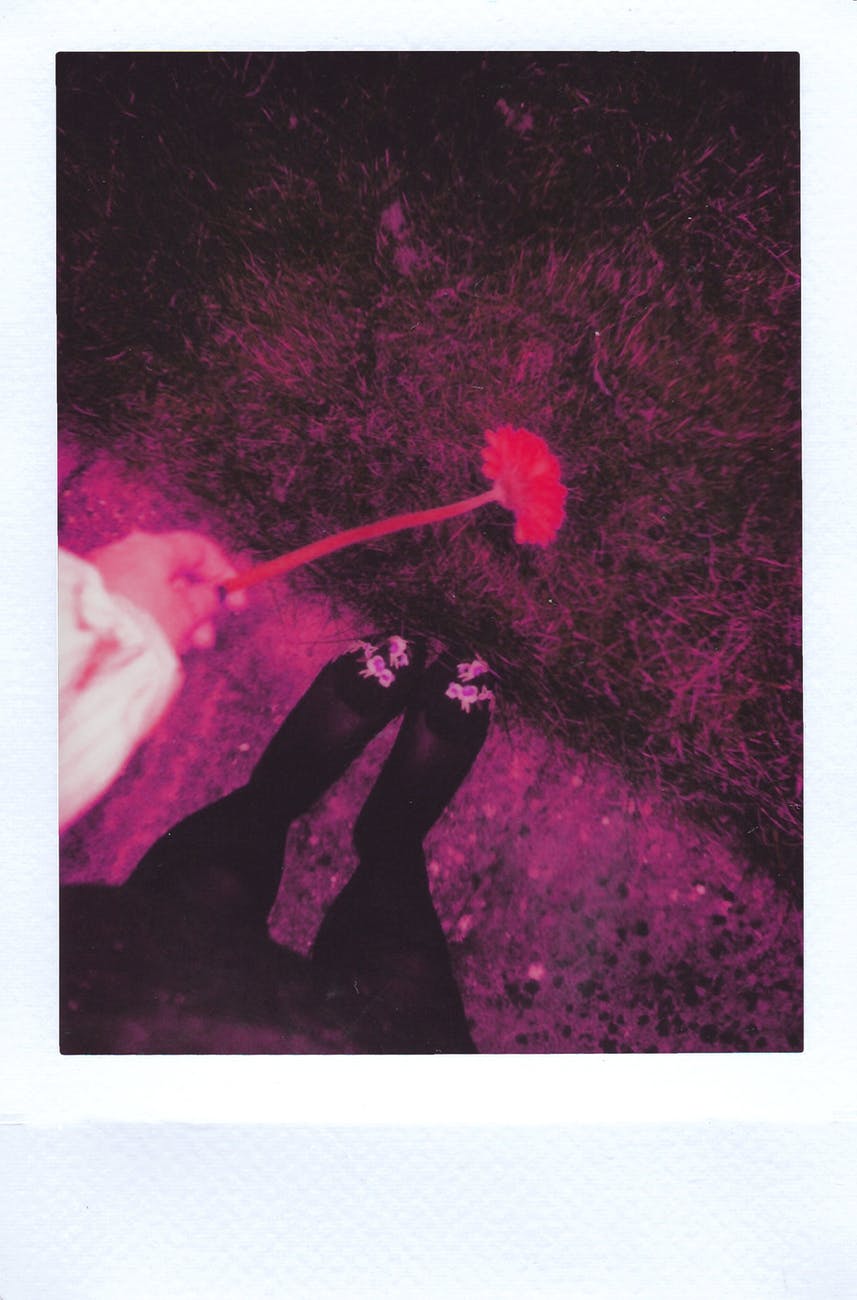By Zahara Kagalwalla
I am a chatty person. I call up my best friend and prattle to him even about the most mundane development in my life like the latest teatime snack I gobbled (muesli, definitely a poorly thought out choice). So when I am distressed, there is furor on the phone. Despite my love for babbling and our nine years of friendship, Phiroze did not know about my khatna experience, or female genital cutting, until very recently. I preferred to tuck it away in a corner of my brain because if I don’t acknowledge it, I can avoid processing the trauma.
When I departed for university, things changed. I picked up a gender studies major and began learning about concepts such as informed consent and an individual’s right over their own body. This made me more and more uncomfortable with my “ignorance is bliss” policy. The trauma that I had successfully managed to bury in my subconscious emerged, and I finally began the journey toward understanding what happened to me ten years ago. Simply, I was cut, and I don’t like it. In fact, I was infuriated.
One fine day, I decided to dial-up my mom and have a conversation, but really it wasn’t a conversation. I went in ready to pick a fight. I was the victim and my mother was the perpetrator. How could you? My accusatory tone coupled with my hot tears put her in defensive mode. She justified her actions:
“We took you to a doctor, not to an unqualified middlewoman in Bhendi Bazaar. You experienced no pain.”
“Khatna doesn’t affect your life; it is ritualistic.”
“Maasi, I, and aunty have all undergone khatna. We are just fine even thirty years later.”
With emotions running high, I was unable to communicate my point. Whether it hurts or not, whether the procedure was done in a doctor’s clinic or not, nothing changes the fact that it is my body and my rules. This definitely wasn’t a conversation.
Two years later, I realized that I left empathy at the doorstep during my first discussion about khatna with my mother. I disregarded that she came from a place of love, and she never intended to cause me any harm. I did not even bother to understand the kind of social pressure she faced from my extended family, and how her expressions of discomfort with the ritual were severely squashed.
I failed to acknowledge the constant guilt she lives with for compelling her daughter to partake in a primitive tradition, particularly when she witnesses my personal struggle toward self-acceptance. She fought for me, but the tremendous social pressure did not let her win.
Always uncomfortable and unsure about the ritual, my mother has now taken a stance against it. She couldn’t protect me, but she will protect her future granddaughter. Now we fight against khatna together, confident that my daughter will not face female genital cutting.

